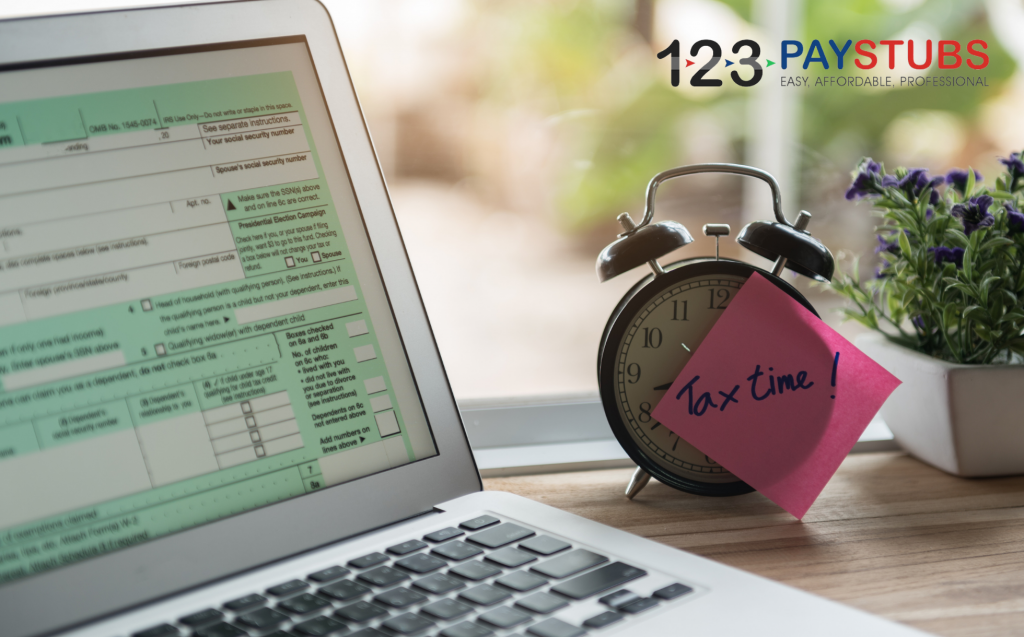Tips for the 2022 Tax Season!

It’s officially the time of year most Americans are probably dreading, tax Season! Filing your taxes can be a time-consuming and tedious process, but nonetheless is it necessary.
We’ve gathered up some helpful tips to make your tax filing process more manageable and efficient!
Collect all Necessary Records
The first step when it comes to filing your taxes is gathering all of the necessary documents. This includes items such as W-2s, 1099s, canceled checks, receipts, and other documents that support an item of income, or a deduction or credit, appearing on a tax return. Taxpayers are required to report their taxable income from all sources, including the gig economy, Forms W-2, Wage and Tax Statements, and Forms 1099.
Check Your ITIN
Your ITIN is your individual tax identification number. An ITIN only needs to be renewed if it has expired and is needed on a U.S. federal tax return. If your ITIN wasn’t included on a U.S. federal tax return at least once for tax years 2018, 2019, and 2020, your ITIN expired on December 31, 2021.
Electronic Filing
Filing electronically with direct deposit will help you avoid refund delays and ensure your return is processed at a faster rate. E-filing also helps protect your return from getting lost or damaged which may happen when filing by mail.
Electronic filing may also increase your chances of filing an accurate return. When you file online, the IRS will check your refund to ensure that it is complete. The IRS will also notify you once they’ve received your return online.
File on Time!
Tax returns are due on April 18th, 2022. It is extremely important you file your return on time to avoid late-filing penalties from the IRS.
If you believe you won’t be able to file your tax return on time, you can file Form 4868 by April 18, 2022. When you file Form 4868, you can receive a 6-month deadline extension to file your tax return. Thus, if you file Form 4868, your 2021 tax return will be due on October 17, 2022. When filing Form 4868, you will need to make a reasonable estimate for your 2021 tax liability and pay any balance due with your request.
Report All Income
When filing your tax return, you must report all of your taxable income from all sources, including the gig economy, Forms W-2, Wage and Tax Statements, and Forms 1099. Other income may be taxable as well, even if you did not receive a statement for it.
Before you begin filing your taxes, you should gather a clear understanding of which types of income are taxable or nontaxable. This includes income such as unemployment income, life insurance proceeds, disability pensions, income from royalties, and much more.
Child Tax Credit
If you received advance payments, you can claim the rest of the Child Tax Credit, if eligible, when you file your 2021 tax return. If you received advance payments of the Child Tax Credit, you need to compare the total you received with the amount you’re eligible to claim. To do so:
- Get your advance payments total and number of qualifying children from your online IRS account.
- Enter your information on Schedule 8812 (Form 1040).
Is your 2020 tax return still being processed?
If your 2020 tax return has not been processed yet, you can still file your 2021 tax returns. It is important to note though, if you are filing electronically, you will need to provide your Adjusted Gross Income, or AGI, from your most recent tax return. But, if you are still waiting on your 2020 tax return to be processed, you will need to enter 0$ for last year’s AGI on your 2021 tax return.
123PayStubs
Although the deadline to file your 2021 tax return isn’t until April 18th, 2022, it is best to start preparing now! Planning ahead and filing on time will help you file an accurate return and receive your refund in a timely manner. We hope these tips will help you get a head start on filing your 2021 tax return!

Leave a Comment